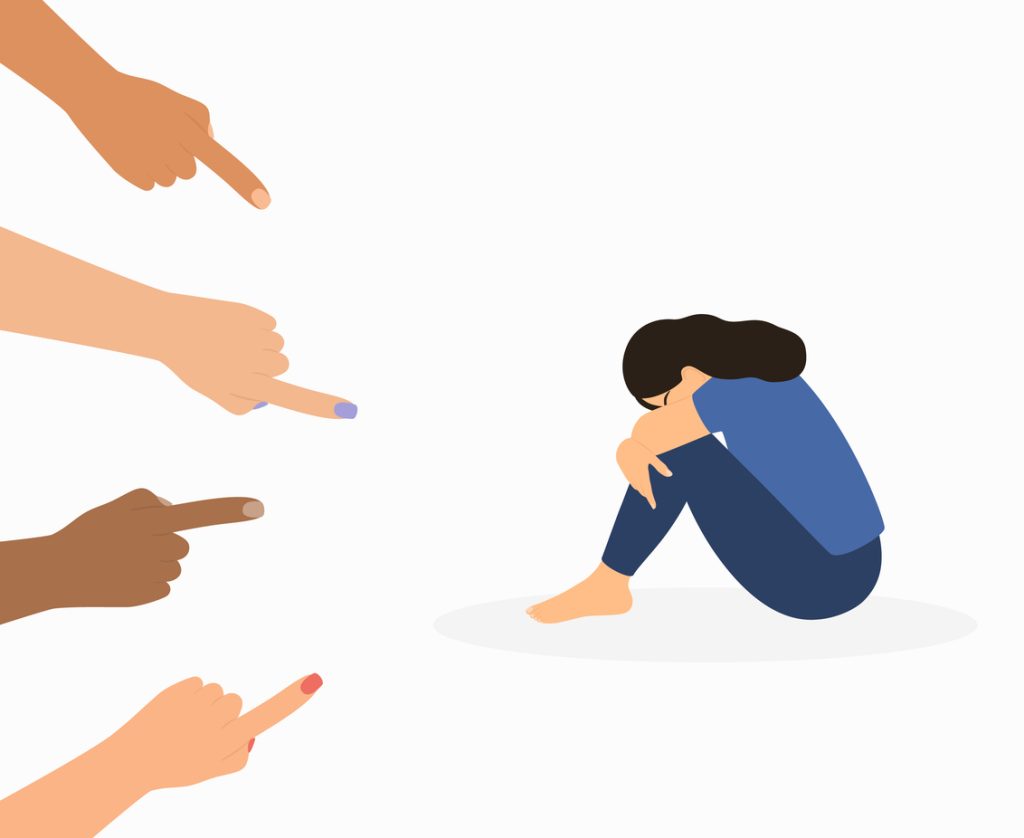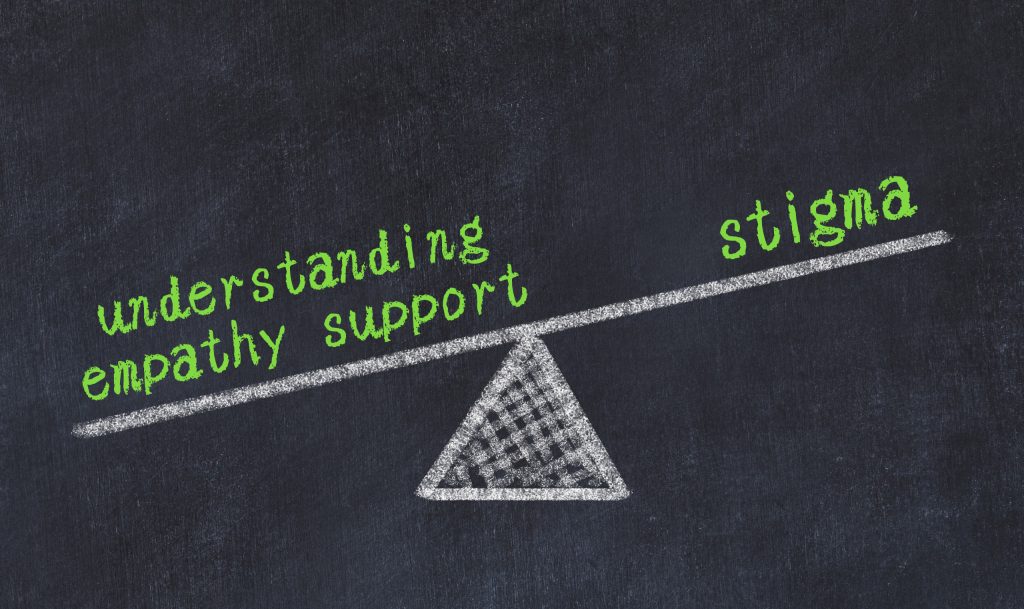Fatherhood Isn’t a Side Hustle

This is the second of a two-part blog series examining the effects of perinatal health and its impact on women’s and men’s mental health. Twelve weeks of paid paternity leave. That’s what one new dad’s company offered. But when he asked to take it, his boss shot back: “But your wife’s got it covered, right?” […]
The Cost of Predicted Stigma

This is the third in a series of blogs examining the stigma surrounding mental health clinicians who live with the same conditions they treat. A variety of viewpoints and experiences will be presented. Sometimes, anticipating the stigma surrounding an identity or condition can be as bad as actually experiencing it. Predicted stigma comes with real costs […]
I Am an Eating Disorder Therapist Who Recovered from My Own Past Eating Disorder

This is the first in a series of blogs examining the stigma surrounding mental health clinicians who live with the same conditions they treat. A variety of viewpoints and experiences will be presented. There is certainly stigma that therapists who are public about their mental health histories often face. Unfortunately, mental health stigma in general […]
Structurally Engineered Trauma in Mental Health

Exploring the profound impact of structural inequity on mental health, uncover a compelling insight into how societal systems contribute to individual trauma and the journey towards recovery.
Eliminate Stigma, by eliminating stigma

Have you ever wondered about the power of a single word? How does that word shape our collective journey towards recovery and wellness? This reflection takes us deep into the world of stigma within the realm of mental health and substance use, uncovering how it acts as both a barrier and a catalyst for change. […]
Mentally Fit Men: It’s Time We Talk About Men’s Mental Health

Dispelling the myths of masculinity and mental health. Embrace your emotions, prioritize mental well-being, and break the stigma. Your mental fitness matters.
Dispelling the Stigma Surrounding Psychotherapy

Much is written and done to battle stigma in mental health these days. Groups such as WISE put out wonderful content to educate the public and eradicate stigma. One primary goal of stigma reduction is to get people past their shame to a point of being willing to seek help for their mental health. Yet there […]
Substance Use Stigma: The Impact on Adolescent Substance Use

“Hello, my name is Gabrielle, and I am an addict”. This is the way people in recovery are generally introduced in recovery meetings. They say their name and declare their addiction to substances. This process over decades has created an identity. The statement, “I am an addict”, has become a point of pride for some, […]
A Story of Self-Stigma, Shame, and a New Direction with Self-Compassion

What is stigma? Merriam Webster’s Online Dictionary defines stigma as “a mark of shame or discredit: STAIN.” WISE addresses 3 types of stigma: social stigma, structural stigma, and self-stigma. Do you ever have this feeling? If you only knew this “bad thing” about me (whatever that might be), you wouldn’t This is shame in action. And […]
Reducing stigma and mental health challenges

Thank you for pausing to read this blog. As to paraphrase the announcements on airplanes, you have choices when it comes to reading material and I appreciate that you are reading what I have written. Please do not be disappointed with any recommendations or solutions, as I can only share what has worked in my experience. […]
